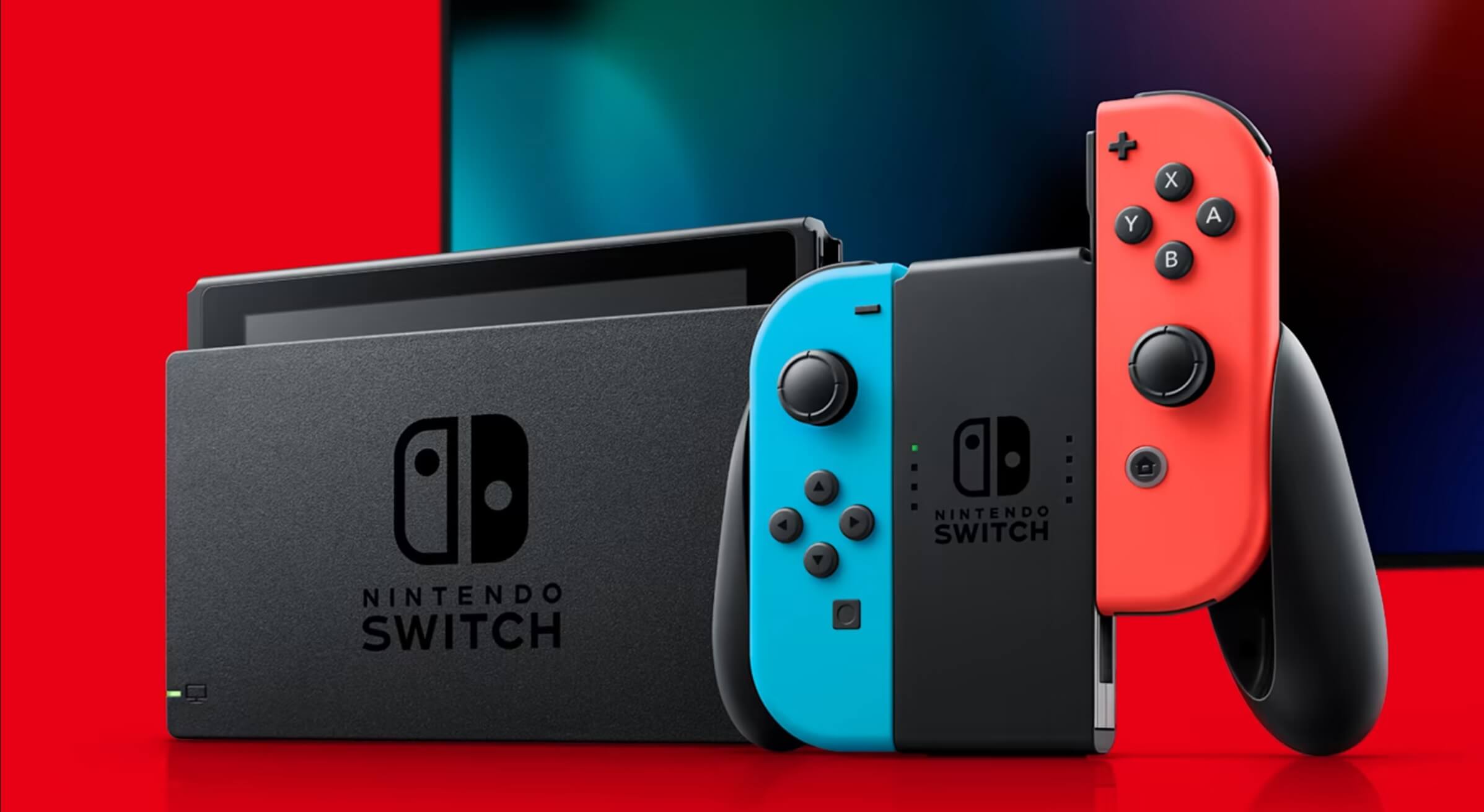Well no one at the time knew they were spending $300m on Spiderman 2. I still cant in any reason or shape understand how that happened. That should not happen. It shouldn't be allowed to happen, whether it ultimately ends up making money or not.I imagine they predicted growth in the console space once supply limits ended. I would guess they expected to basically take a large chunk of Xbox's market share. Their prediction was wrong, unfortunately. In hindsight it's obviously a bad decision, but I don't really remember anyone sounding huge alarm bells for Sony. It could be out there, but I don't remember seeing it. Mostly there was just a lot of talk about how they were "winning" and how hot the PS5 was as a sales product. I'm not sure anyone expected the home console market to contract, which seems to be what's happening if I'm understanding correctly. Sony's raw unit sales will actually be lower than PS4 and Xbox's raw unit sales will be much lower than Xbox One.
I think Sony was basically trying to deliver exactly what their customers were asking for, but couldn't do it fast enough. Making these big games has become too difficult and too costly. I'd never claim they didn't make any mistakes, but I also don't have access to the information they do. The handling of things like the closing of that studio in the UK with Jim Ryan having his photo taken days before it was closed is absolutely atrocious and unkind, but looking at the business decisions in isolation is really hard to judge from the outside. Really can't say if they had better information to know they were heading down the wrong path, but I don't remember seeing concern from gamers or the gaming press.
But plenty of us were absolutely raising alarm bells on Sony reporting on how they were going to start spending big on live service titles. They literally said they plan on spending more on live service games by 2025 than they were spending on single player games, without reducing spending on single player games. Meaning they were making plans to start spending a LOT more money, which is required for live service titles, all while failures of those(like TLOU) can be disastrous. They seem to have gotten a bit lucky with Helldivers 2, but that's the payoff and why they're doing this, hoping that they'll hit on at least a couple titles that make all the spending worth it.
But personally, I still think this is irresponsible levels of spending. If they dont hit on the live service stuff, then yes, they are in trouble and it's their own strategic choices that caused it, they aren't just having this situation forced on them.
I also think it's terrible how much they spend on stuff like timed exclusivity. That's not investing in games, that's just spending mountains of money to keep Xbox players from being able to play these games. Sony obviously feels it's worth doing, but again, they dont have to spend that money that way. It's their own choices causing this. And now studios and developers are paying the price for those choices.
Last edited:



